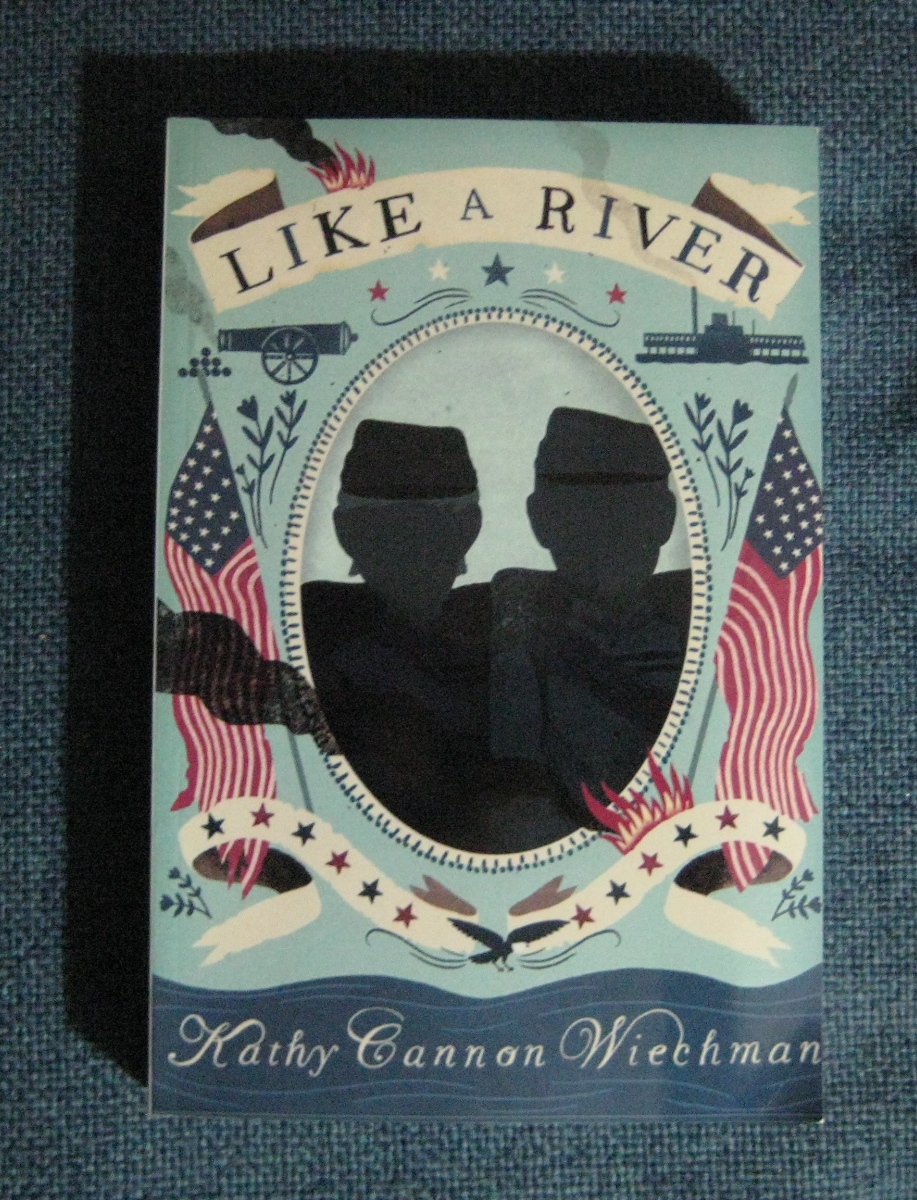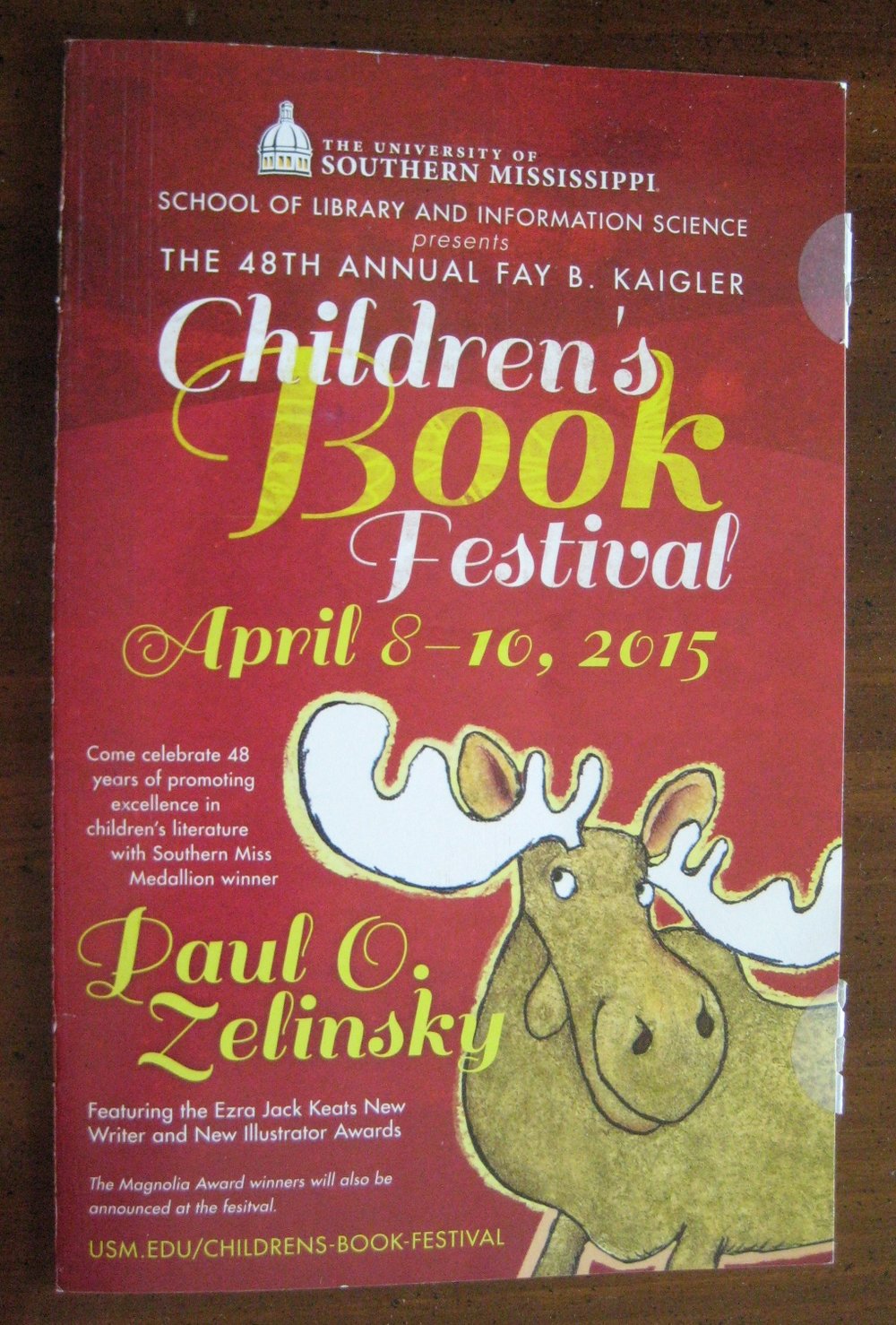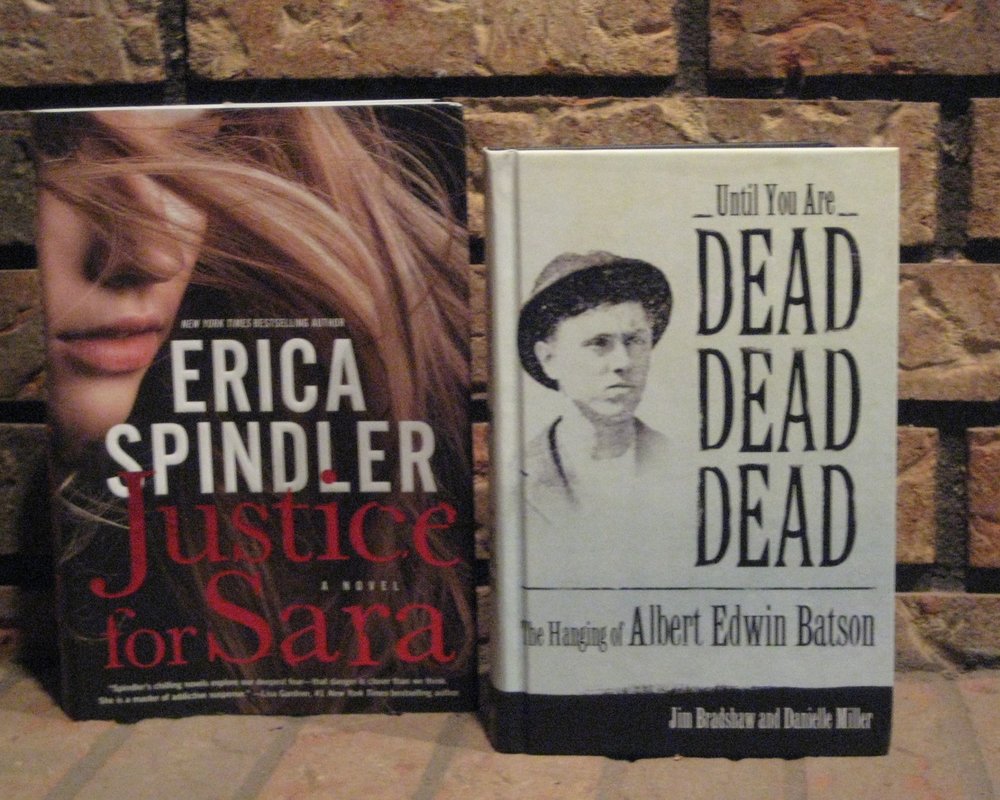 For the multitude of readers (all right, it was just one) who wanted me to post the end of the Mother’s Day mysteries, here you go. “In the previous episode,” as they say, a package of “Dutch bulbs” arrived four days early with a happy Mother’s Day greeting, but no signature, creating the mysteries of what kind of bulbs came and from which one of the children.
For the multitude of readers (all right, it was just one) who wanted me to post the end of the Mother’s Day mysteries, here you go. “In the previous episode,” as they say, a package of “Dutch bulbs” arrived four days early with a happy Mother’s Day greeting, but no signature, creating the mysteries of what kind of bulbs came and from which one of the children.
The daffodils turned out to be a profusion of delicate yellow buttercups and did, indeed, come from the AZ son who first claimed them. They had popped up by Mother's Day and were beginning to bloom.
On Mother’s Day, the TX daughter sent an email that read, “You didn't get a card yesterday in the mail because all the cards were stupid . . . and I checked several places. You will be getting a different kind of card in the mail but I'm just not sure when as it relies on another entity. You'll like it though.” This was an added and unexpected mystery since she normally is right on time. I did understand the card dilemma. We skip over the cards with the sweetness of maple syrup as well as the x-rated ones and look for funny ones that recall family jokes. Clean funny cards are becoming quite scarce.
The following Wednesday, after Mother’s Day, I got another Jackson and Perkins delivery  just like the first with a card that said, “From MARK AND KELLY and a bunch of kids.” (That would be five.) MD little brother – now 6’3” – followed in the footsteps of AZ big brother – now 5’9” – as he did in their younger days. That didn’t turn out quite like MD son planned since he paid extra for Saturday delivery to back up his claim for having sent them and to assure that I had matching pots for either side of the fireplace. You can see the first daffodils are ahead and the second ones trying to catch up, much like younger brothers do with older brothers.
just like the first with a card that said, “From MARK AND KELLY and a bunch of kids.” (That would be five.) MD little brother – now 6’3” – followed in the footsteps of AZ big brother – now 5’9” – as he did in their younger days. That didn’t turn out quite like MD son planned since he paid extra for Saturday delivery to back up his claim for having sent them and to assure that I had matching pots for either side of the fireplace. You can see the first daffodils are ahead and the second ones trying to catch up, much like younger brothers do with older brothers.
The TX daughter’s mystery card came late in the week from The University of Southern Mississippi Foundation. It said, “We are pleased to share that a donation was made in honor of Virginia McGee Butler on Mother’s Day on Thursday, May 07, 2015 by Anna Lane . . . to the de Grummond Children’s Literature  Collection Endowment at the University of Southern Mississippi Foundation.” I think that makes her on time, as she usually is, since the delay was for USM’s paperwork. And she was right. I did like it.
Collection Endowment at the University of Southern Mississippi Foundation.” I think that makes her on time, as she usually is, since the delay was for USM’s paperwork. And she was right. I did like it.
Do I lobby for normal Mother’s Day celebrations with on time conventional gifts? Nah – too predictable, over too soon.
Besides, somebody might ask, “Who raised these crazy people?”



























